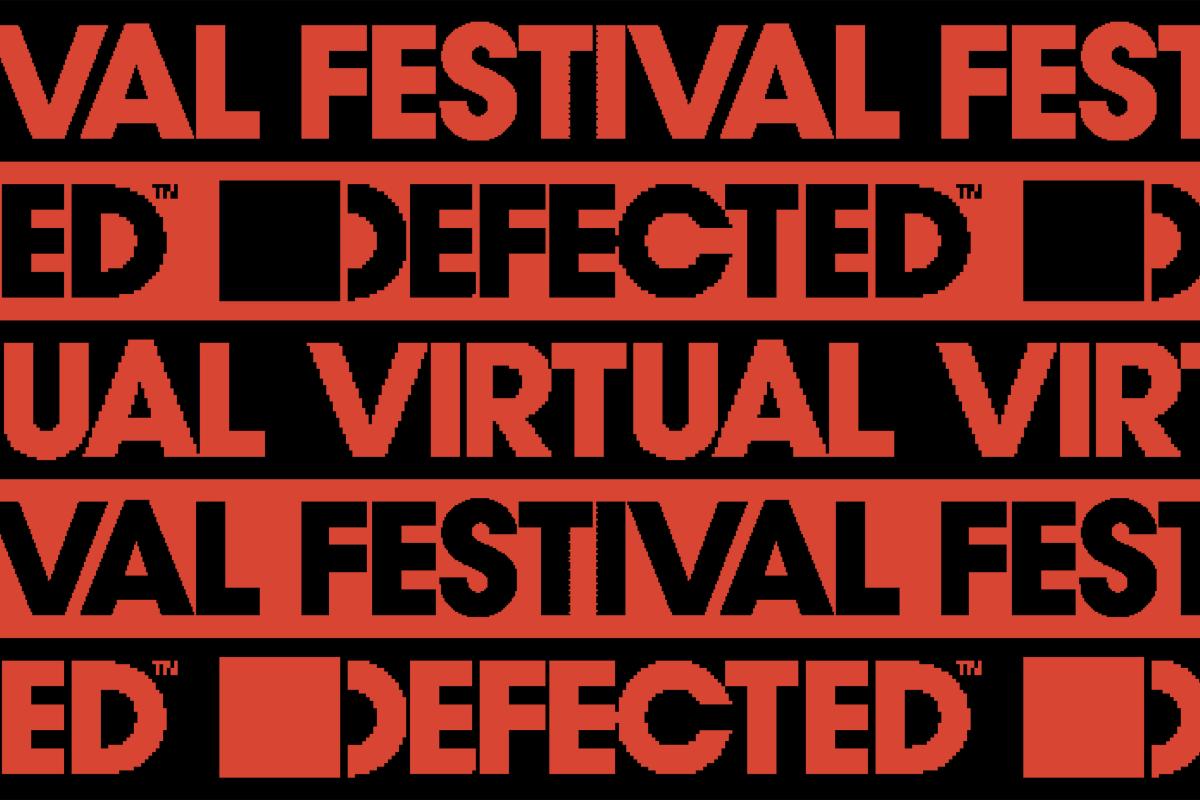Google can tell us a lot about our anxieties.
‘How long does coronavirus last?’ was the most searched term of last week according to Google Trends.
Followed by ‘is it airborne?’ and ‘how long does it live on surfaces?’, trickling down to questions like, ‘how do you make your own hand sanitiser?’ and ‘when does Disney World reopen?’. Our appetite for information about an illness not only highlights our collective attention, but it has also become so all-encompassing it puts it on track to become the biggest search trend in history.
Then the conversation moves onto a question of sport, with a variation on the theme: ‘what is happening with [said sport] because of Coronavirus?’.
What this draws attention to is certain industries are more exposed than others and ours is one of them. The sports world has been bruised, but it doesn’t mean it's lost its voice as we desperately try to fill the void its left. Which makes for an interesting new business challenge.
For us, it’s changed everything and nothing; there are still two core focuses.
1. Build your pipeline
Yes, we are in the unknown, but it’s also too easy to get dragged into the optics of what’s going on. At the end of the day, this is a moment in time that will pass.
Initially, the theme preoccupying everyone was remote working and the fire fighting that comes with trying to do business in a new way. But this past week has seen the emerging realisation that business doesn’t altogether stop, with contingency planning coming into play. It’s human nature to fight back.
And that’s because planning starts now to capitalise on what it means to be relevant in a new world - both now and in the future. But it won’t be easy to write the briefs that help brands get a jump on what the future brings. That requires the expertise we have. We’re not a transactional business, we’re a talent business and we should be going on the offensive with our thinking because that’s one thing that isn’t going out of fashion.
So we will do what we usually do. Get our hustle on, share new thinking, get in position for conversions, build relationships, and figure out where we as an agency fit to help clients feel their way through this.
New business is not a flash-in-the-pan activity; it takes time, research and commitment. And now is as good a time as ever - there has never been such an opportunity for access, conversation and building relationships at a time of pressure and pivot. So talk, listen and help. New business people are perfectly placed.
2. Keep yourself match fit
You don’t have to look far for the rhetoric that brands who spend in times of crisis are those who emerge strongest when it passes. And while that data tends to be unambiguous, brands aren’t spending their way out of this.
Attention is one thing, intention to buy is another and people are spending for need, not want. They need genuine support from brands, not sales. So for brands, the mandate has shifted and it’s simple: help; pursue the greater good rather than self-interest
There is an opportunity in that. It goes without saying there are a lot of things we can’t control. But that doesn't stop how industrious and resourceful we, as agencies, can be in helping clients not only do the right thing but do more with less.
Regardless of its morbidness, this, just like any major world event, presents a platform for brands to engage (in this instance, from the comfort of their homes). And a tranche of brands are showing how it’s done. LVMH shifting categories to switch production to hand sanitiser, Defected Records’ Virtual Festival (below), Budweiser’s SavePubLife, Just Eat delivering emergency supplies to those that need it most.
These are the brands being appropriately relevant with an understanding that what they do now will be remembered. Our equity is in understanding human behaviour and emotions. And that’s what we should be exploiting. Now’s not a time to take your foot off the gas, it's as good a time as any to stay tuned in and keep match fit.
For now, what agencies (and specifically new business people) can do is be ready for the flipside by listening to clients and helping them be ready when the tide turns. That doesn’t demand a radical shift in new business strategy. It means getting back to basics. After all, the hope is (and we’re optimistic people by nature) there will still be at least half the year left to run at. And without forgetting, our work - solving problems with creativity - will matter more than ever on the rebound.



